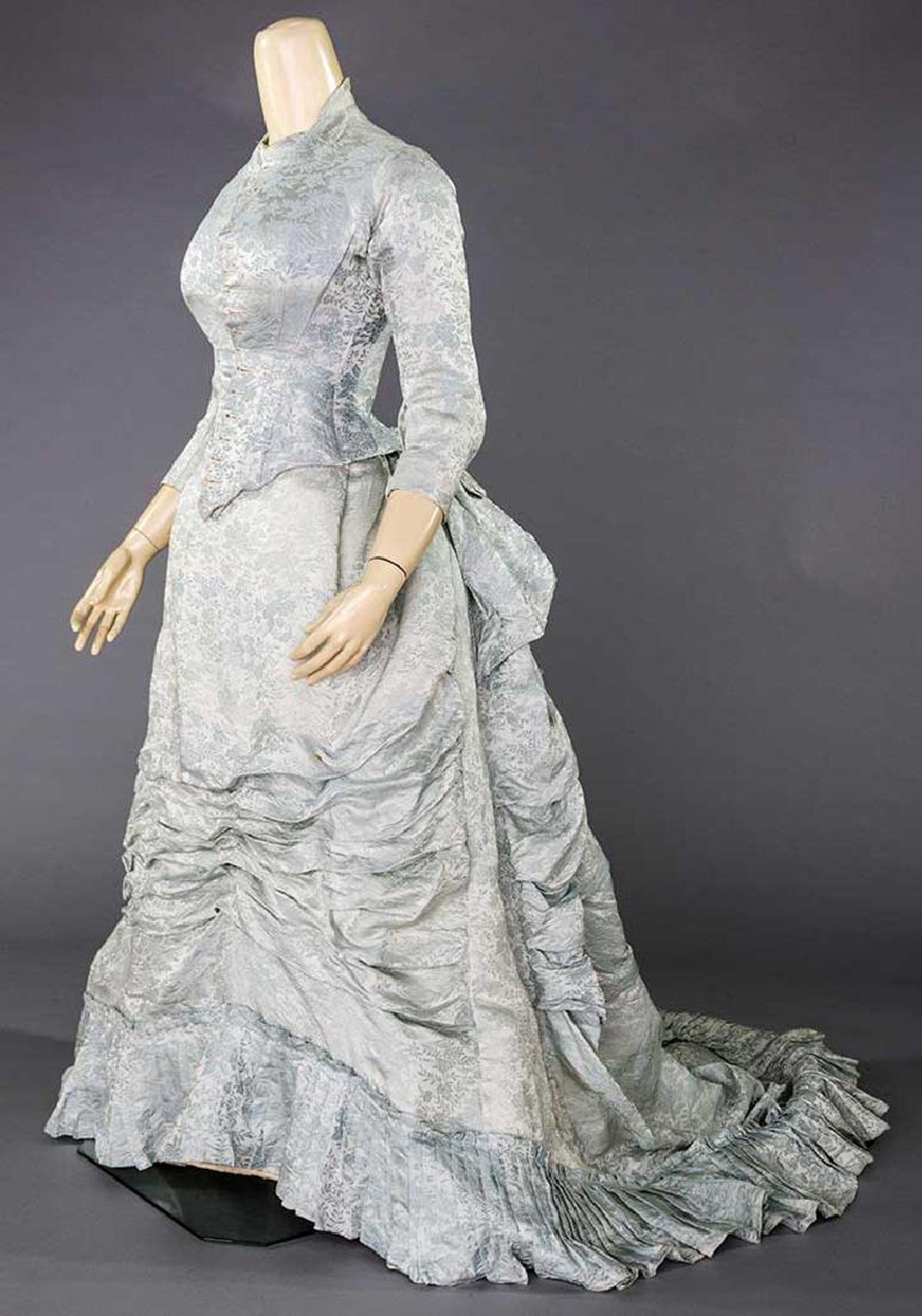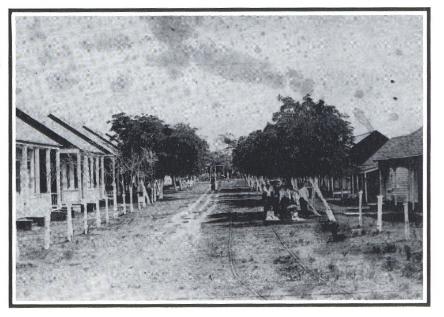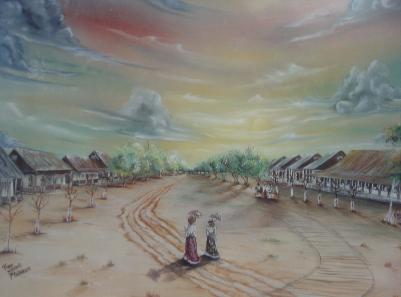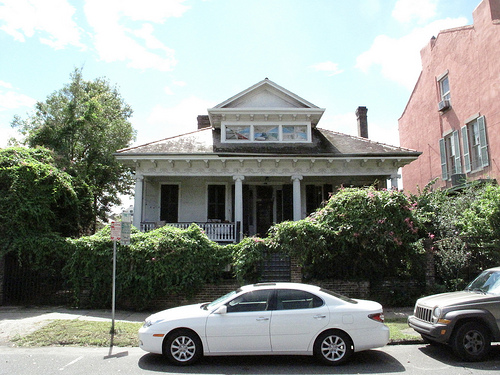
Bruce R. Magee.
“Mr. Pontellier’s Problem.”
In the HBO series Westworld, guests enter an elaborate theme park designed to fulfill their most lurid fantasies. Not only is the park the setting for the guests to project their desires; so are the android hosts, who function as an extension of those desires. This situation creates two problems. First, only the world’s richest, most powerful, most spoiled people can afford to enter the park. Such people hardly need to have their solipsism and sociopathy encouraged. The second problem is that the hosts are waking up. In Kate Chopin’s The Awakening, Léonce Pontellier has these same problems. He has carefully designed his world to reflect and be an extension of himself. But his fantasy is thwarted because the people in his life turn out to have wills of their own.
Mr. Pontellier has furnished his life with people and things that he sees as an extension of himself, with the hopes that what they communicate about him will help him increase his wealth. When he finds out that Edna left her house on a Tuesday afternoon instead of waiting in her reception gown for the neighbors to visit, he’s upset and tells her,

“Well, I hope you left some suitable excuse,”? said her husband, “somewhat appeased, as he added a dash of cayenne pepper to the soup.”
“No, I left no excuse. I told Joe to say I was out, that was all.”
“Why, my dear, I should think you’d understand by this time that people don’t do such things; we’ve got to observe les convenances if we ever expect to get on and keep up with the procession.”
“Mercy!” exclaimed Edna, who had been fuming. “Why are you taking the thing so seriously and making such a fuss over it?”
“I’m not making any fuss over it. But it’s just such seeming trifles that we’ve got to take seriously; such things count.”
Mr. Pontellier’s obsession with conventionality (les convenances) is not an end in itself - he wants to be respectable in the eyes of the community by being conventional so that they will entrust their money to his brokerage house.
Mr. Pontellier was very fond of walking about his house examining its various appointments and details, to see that nothing was amiss. He greatly valued his possessions, chiefly because they were his, and derived genuine pleasure from contemplating a painting, a statuette, a rare lace curtain-no matter what-after he had bought it and placed it among his household gods.
So Mr. Pontellier wants to own things, but it’s a circular process. The things he owns are carefully chosen to attract more respect (and money) from his community. His problem is that he also treats the people in his life like the things in his life.
We first see Mr. Pontellier vacationing on Grand Isle in a cottage, surrounded by other vacationing Creoles in their own cottages. He sits in a wicker rocker reading yesterday’s New Orleans newspaper.


Back home, the Pontelliers live on Esplanade Street in a Creole double cottage with a broad front veranda and round, fluted columns, as befits a broker of his status. Although he lives in a Creole section of town, he signals his friendliness to his American clients by having his house painted white with green shudders. Creoles generally painted their houses with a more Caribbean palate. Chopin describes the house interior appointments to be “perfect after the conventional type.”

Esplanade St., New Orleans.
Pontellier expects the same conventionality from the people in his life, with much less luck. He selects them because they look the part he wishes them to play, without paying much attention to whether they can actually perform their roles. Edna certainly looks the part of a rising businessman’s wife. Being an Américaine from Kentucky with heavy, yellow-brown hair, she complemented his Creole background in a city that was a fusion of many cultures. But she found it excruciatingly painful to “observe les convenances” (the conventionalities), whether it be in relation to her husband, her children, or their large social circle.
Likewise Pontellier hired a quadroon nurse whose light skin tone attested to the high status of the Pontelliers, but who could feign only a pro forma interest in the children. Their cook, who undoubtedly looks like a cook to the casual eye, cooks food that is so bad that Mr. Pontellier sometimes goes to the club to eat. And so Mr. Pontellier’s inability to understand and accept the agency of other people in his life leads to inevitable frustration and acting out on their part, setting up the overall tragedy of the book.
Text prepared by:
- Bruce R. Magee
Source
Magee, Bruce R. “Mr. Pontellier’s Problem.” Proc. of Popular Culture in the South / American Culture in the South PCAS/ACAS, New Orleans. 2018.
